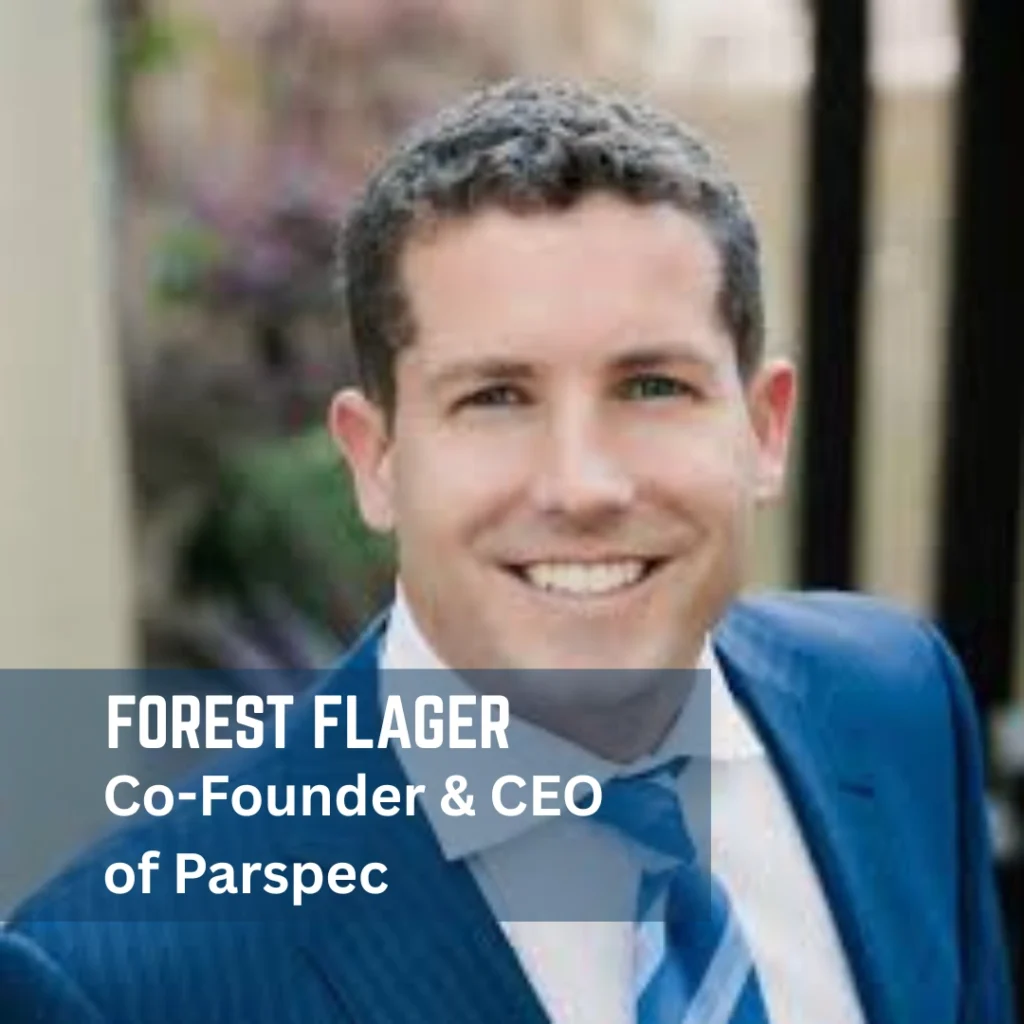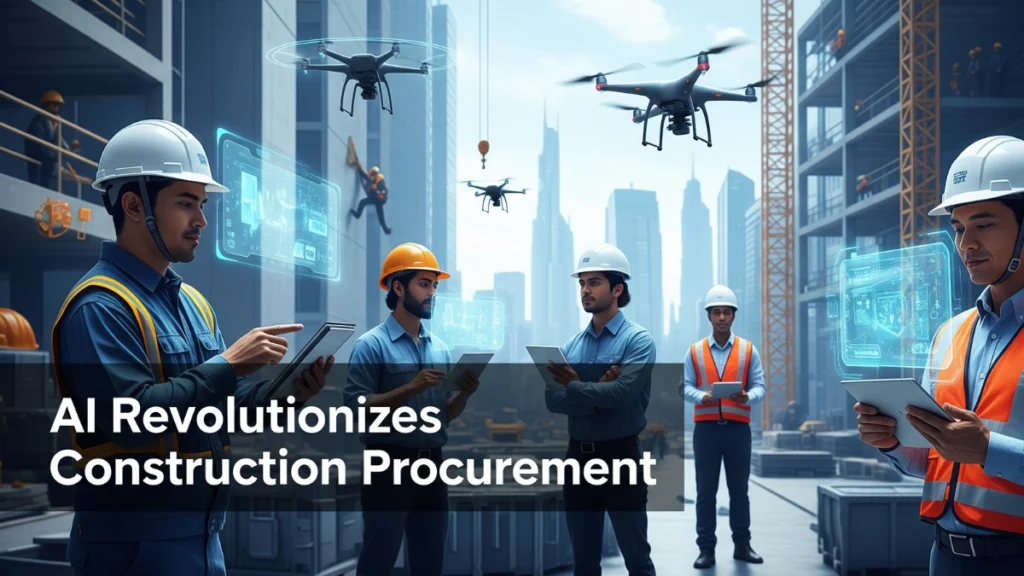San Mateo-based Parspec just raised $20 million to reshape how construction projects source and bid materials—using AI to eliminate inefficiencies and win more deals. With a 4x revenue growth and major industry players already onboard, here’s what’s driving this momentum.
Key Takeaways:
- Parspec raised $20M in Series A led by Threshold Ventures
- AI identifies spec-compliant products instantly
- 4x revenue growth in the past 12 months
- Now supports MEP product categories (mechanical, electrical, plumbing)
- Powers procurement for 4 of top 5 U.S. electrical distributors
In a bold move that signals where construction tech is headed, Parspec—a San Mateo-based AI startup—is shaking up the trillion-dollar construction supply chain. The company just closed a $20 million Series A funding round, led by Threshold Ventures, to expand its AI-powered procurement platform designed to dramatically cut down on bidding time and cost.
What makes Parspec stand out? Its technology can instantly identify products that meet highly specific project requirements—a task that previously took hours of manual labor and guesswork.
“This enables customers to cut time and cost to bid in half, while simultaneously improving bid quality and compliance,” said CEO and co-founder Forest Flager in an exclusive interview with Crunchbase News.

Parspec started in 2020, but the idea took root much earlier when Flager, a postdoc at Stanford, and co-founder Pratyush Havelia realized a fundamental flaw: there wasn’t a scalable way to access building product data. And without the right data, optimization is almost meaningless.
“Optimizations are only as good as the information you feed in,” Flager explained.
That insight inspired a platform that not only empowers sales reps and distributors, but also gathers, indexes, and organizes product specifications using a combination of AI, machine learning, and language models.
Now the platform supports mechanical, electrical, and plumbing (MEP) materials—offering what Parspec claims is a unique ability to parse complex documentation, extract product data, and match it to real-world specs in real-time. That means instant product matches, fewer errors, and more bids won.
Against the Market Tide
What’s especially noteworthy is that Parspec pulled off this raise amid a tough VC environment for real estate-related startups. Venture funding in the space has plummeted from $13.7 billion in 2021 to just $3.6 billion in 2024—and only $2.1 billion has trickled in so far for 2025. Despite the downturn, Parspec managed to 3x its valuation since its seed round in March 2022, signaling strong investor confidence in its AI-native platform.
Backing the round, besides Threshold Ventures, were returning investors including Innovation Endeavors, Building Ventures, Heartland Ventures, and Hometeam Ventures. This brings Parspec’s total funding to $31.5 million to date.
Built by Industry Veterans
Before Parspec, Flager led the software division at SoftBank-backed Katerra—a construction tech firm that collapsed in 2021. That experience deepened his understanding of supply chain inefficiencies and reinforced the need for a smarter system to handle materials procurement.
“I wanted to build a solution that would empower the distributor,” Flager said. “And provide a means to collect product information in a way that benefits everyone in the value chain.”
Since officially going full-time on Parspec in 2021, the company has experienced rapid traction. With 288 customers already onboard—including four of the five largest electrical distributors and three of the five largest lighting agencies in the U.S.—the startup’s growth is real, not hype.
The AI Engine Behind the Platform
At the heart of Parspec is an impressive AI workflow that’s more than just bells and whistles. The system crawls over 4,000 manufacturer websites, scans unstructured PDFs, specs, and guides, then extracts usable attributes to build an intelligent, searchable catalog.
It then pairs those specs with customer inputs to automatically generate quotes, operation manuals, and compliance submittals.
“Every component of our workflow leverages AI,” Flager noted. “From parsing drawings to generating accurate, compliant bids—it’s all automated.”
The revenue model is usage-based, meaning clients pay depending on how many procurement documents they generate through the platform. And judging by the 4x revenue growth in just a year, the model appears to be working well.
Why It Matters
Construction material prices are 40% higher than they were in 2020. For builders and contractors under cost pressure, finding a way to optimize procurement can be the difference between profit and loss.
With a product that enables faster, more accurate bids, Parspec doesn’t just save time—it helps businesses win more contracts.
Mo Islam, partner at Threshold Ventures, summed it up best:
“Parspec’s truly AI-native platform automates the entire construction procurement workflow. It’s a game-changer.”
And with the new funding in place, Parspec is now poised to scale its offering and potentially reshape how the construction world sources its supplies—from the ground up.
